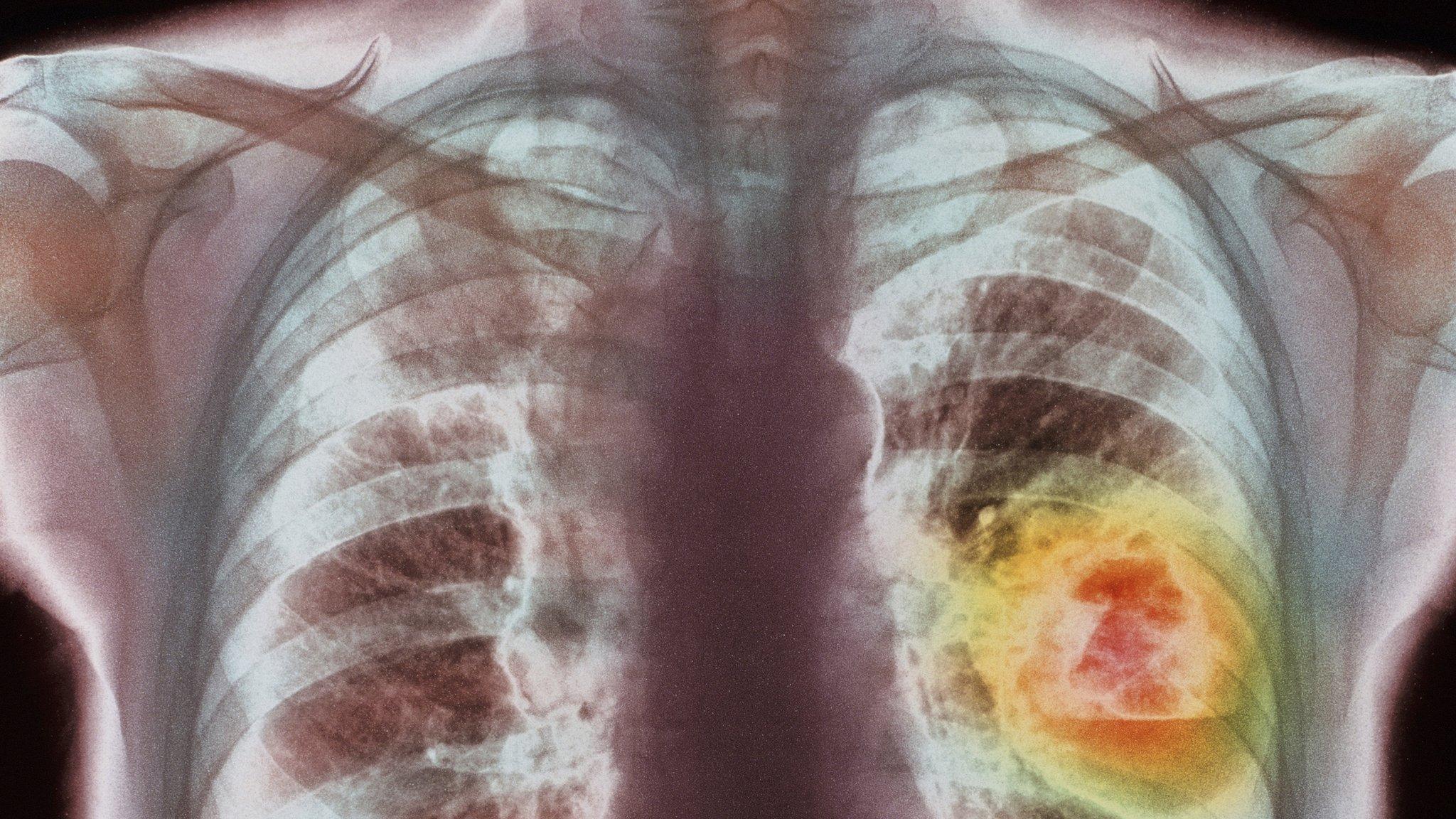New cancer strategy 'could save thousands' of lives
- Published
Dr Brian Hope says GPS will be able to make rational decisions on diagnosis with the patients in front of them
About 5,000 lives could be saved each year in England if GPs follow new guidelines on cancer diagnosis, the health watchdog NICE says.
Its experts say that a new approach is necessary to tackle England's lagging cancer survival rates.
The guidelines suggest all GPs order certain tests directly, side-stepping referrals to specialists first, to speed up access to treatment.
Charities say they support the changes but warn that more funds are needed.
Doctors have long agreed that the sooner most cancers are diagnosed, the greater the chance of survival.
But according to experts from the National Institute of Health and Care Excellence (NICE), although the situation is improving, thousands of lives are lost each year because tumours are being diagnosed too late.
Quick tests
The new guidelines make wide-ranging changes to previous recommendations, to encourage GPs to think of cancer sooner and lower the threshold at which people are given cancer tests.
Mark Baker, NICE director: "Those that do [have cancer] won't have to wait until their third of fourth appointment before the right test is ordered"
For the first time the guidance focuses on key symptoms, rather than encouraging GPs to consider first which cancer a patient may have and then to cross check it with the symptoms.
The recommendations also say all GPs across England should be able to order some cancer tests directly, without waiting for an appointment with a specialist.
For example in certain cases, GPs will now be able to access CT scans and internal examinations such as endoscopies, without a specialist referral.
NICE hopes this will allow patients to get investigations more quickly and take the pressure off specialists' time.
The committee has produced information to help patients spot the most common signs of cancer so they can seek medical advice quickly.
And the guidance encourages doctors to put "safety nets" in place to ensure difficult cases are not missed.
Patients whose symptoms are worrying but do not currently suggest cancer, for example, should be given follow-up appointments or advice on when to come back.

Case study: early warning signs
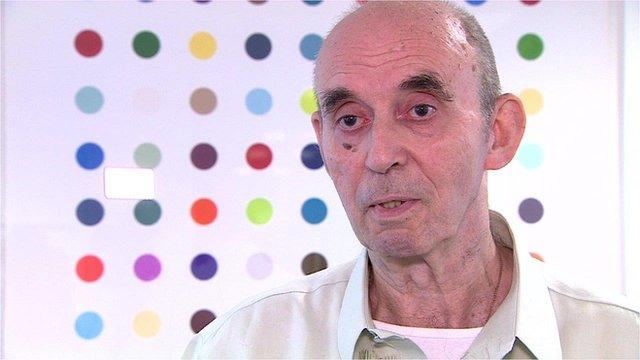
David Martin says spotting the signs of cancer early helped him beat the disease
David Martin, now 76 years old, was diagnosed with bladder cancer about 15 years ago and credits his early referral and diagnosis for successfully beating the disease.
He said: "I noticed one morning that I had blood in my urine. It was gone the next day and I don't think such things should be ignored so thought I should get it checked by my GP.
"If I hadn't, it might have been some time before it reappeared and the cancer would have been more advanced and potentially more difficult to treat.
"I'm thankful that I chose to see my GP and that he quickly realised it might be serious and referred me on for specialist tests.
"It's a major reason why I am still here today. An early referral can really help to make a difference."

Saving lives
Professor Mark Baker of NICE told the BBC the new policy would save a "tangible number" of lives.
"Throughout the history of European cancer statistics Britain has lagged behind the best European countries," he said.
"The main reason for that is that people tend to present with a cancer at a more advanced stage.
"This guideline specifically addresses that shortfall. We estimate it will [save] about 5,000 lives a year," he added.
The Royal College of GPs welcomed the guidance but warned that there might not be enough capacity to do the extra scans and checks, which could cause a backlog and longer wait times for patients.
"It would be regrettable if something that was so well-intentioned resulted in patients being worse off," said Dr Maureen Baker, chair of the RCGP.
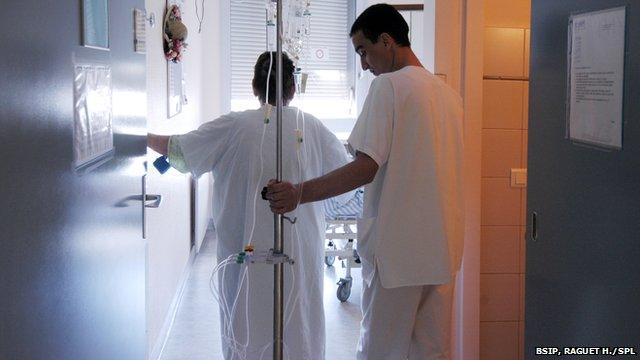
Sara Hiom, from Cancer Research UK, said: "We know the strain the NHS is already under and the number of people diagnosed with cancer is increasing - further investment is essential in order to support this much needed shift in investigative testing. "
She added: "Research would indicate we do fewer diagnostic tests in this country than comparable countries, but there are a lack of workforce, perhaps a lack of kit, to do those tests, so patients may be missing out because there are delays, backlogs or bottlenecks and this really does need to be addressed."
NICE has produced its guidelines for England. They will also be taken into account in Wales and Northern Ireland.
- Published23 June 2015
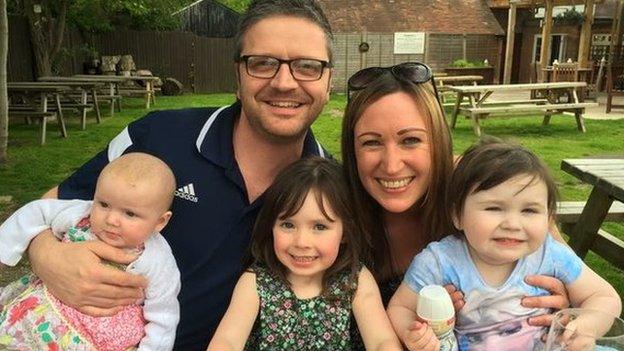
- Published28 May 2015

- Published1 June 2015
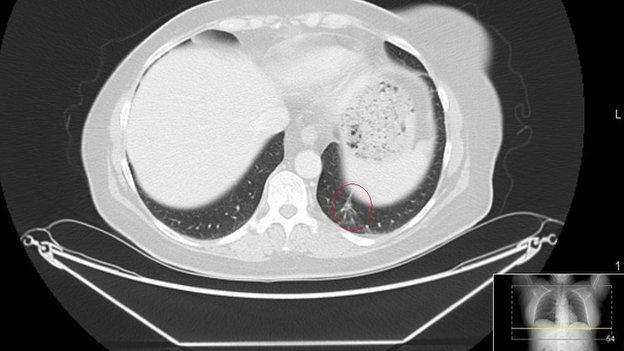
- Published30 May 2015
